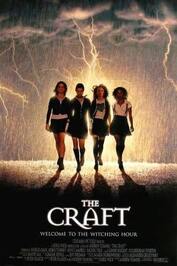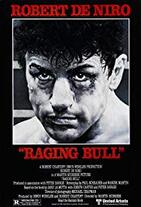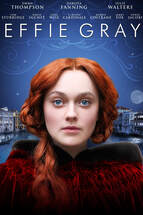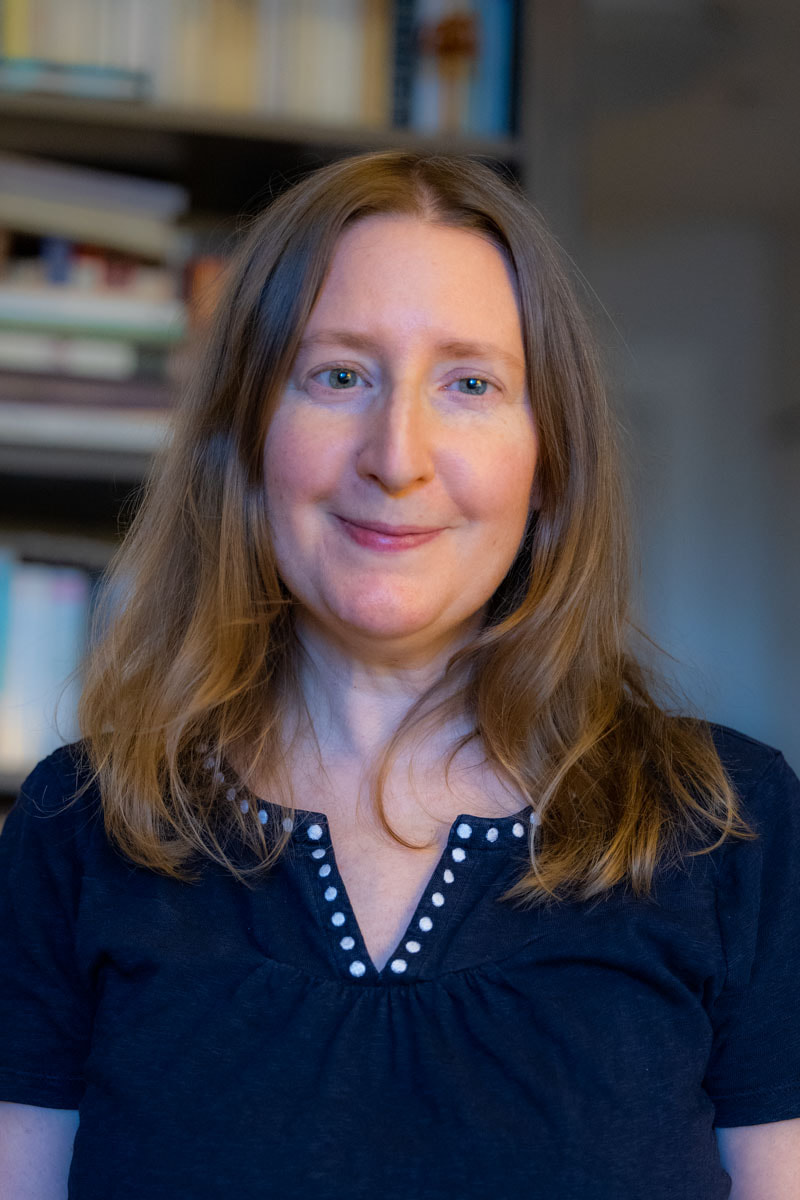|
One of the dozens of things I keep track of in mainstream movies is the language used in reference to female characters, both women and girls. Part of the reason for this is that language is very revealing about filmmakers. It tells us a lot about how well or poorly they think of women. The Craft (1996), a fantasy horror written by Andrew Fleming and Peter Filardi and starring Robin Tunney, Fairuza Balk, Neve Campbell and Rachel True, scores well for females’ presence and voice. The protagonists are four females. In some ways it is progressive. However, the language used in reference to teenage girls is not. It is regressive and well worth examining. Consider the following examples of things teenage boys call teenage girls or say of them: “Hey, scary b*tch alert”; “What is that snail trail over there saying about me?”; “the b*tches of Eastwick”; “She’s a major slut”; and “You’re a witch!” Teenage boys also say: “Oh, you mean, did I get laid? […] Oui, beaucoup des--Beaucoup de ‘laid’.” Also, a man, John Kapelos, says to Balk’s mother, “Her father’s the one who paid you the $50 for the quick bang in the back seat.” Even teenage girls speak to each other insultingly and aggressively. They call each other: cow, b*tch, stupid b*tch, slut and pieces of bleached-blond shit. They say to each other (and of each other): “They don’t think”; “She’s so pathetic!”; “God, if I was as pathetic as you are I would have killed myself ages ago. You should get on with it”; “You’re going to kill yourself tonight, my dear”; “Oh god, you’re so disgusting”; and “You b*tch! I’ll kill you! I’ll kill you! I’ll kill you!” Moreover, Balk, threatening Campbell with a knife, shouts at her, “Get your lazy ass up those stairs or I’ll slit your throat!” Language is just one aspect of a film, but it is not negligible. Words matter. The language used in Fleming and Filardi's screenplay, as it relates to teenage girls, is regressive. The Craft isn't exactly a progressive Halloween pick. I look forward to sharing my findings about the language used in mainstream movies of the 20th and 21st centuries in my upcoming film guide for women. © 2019 Alline Cormier
0 Comments
One of the dozens of things I keep track of in mainstream movies is the language used in reference to female characters, both women and girls. Part of the reason for this is that language is very revealing about filmmakers. It tells us a lot about how well or poorly they think of women. Raging Bull (1980), a biographical drama written by Paul Schrader and Mardik Martin, directed by Martin Scorsese and starring Robert De Niro and Joe Pesci, includes just one significant female character (Cathy Moriarty, the protagonist’s wife). Women only speak to each other in two scenes, and their exchanges total seven words. As if that wasn't bad enough, the language used in reference to women is very offensive (and illuminating). Consider the following examples of things said to or about women in this drama that is very popular with men. Joe Pesci refers to Moriarty as “F*ckin’ c*nt.” Robert De Niro calls waitresses and women he does not know doll, darling and honey. Men repeatedly say motherf*cker. They also say: “on your mother’s c*nt then”; “F*ck your mother!”; “Your mother’s an animal!”; “They’re miserable because their mothers take it up the f*ckin’ ass”; and “Your mother sucks f*ckin’ big f*ckin’ elephant dicks.” Pesci says of a 15-year-old girl (Moriarty), “She ain’t the kinda girl you just f*ck and forget about.” De Niro asks Pesci about her, “You didn’t try to f*ck her?” and he replies, “I try to f*ck anything. You know that.” He says to De Niro: “You’re a married man, it’s all over. Leave the young girls to me”; “Wanna do yourself a favour? Bust her f*ckin’ hole, throw her out. Either that or live with her and let her ruin your life, ‘cause that’s what’s happenin’. […] How much shit could you take?”; “F*ckin’ Jew c*nt, why don’t you hit her in the head with a bat?” and “Kill the f*ck” (about his first wife). De Niro says of her, “I hit her enough.” He says to Moriarty, “Did you f*ck my brother?” and “Why’d you f*ck Joey?” He says to Pesci: “You and I both know, any woman, given the right time, the right place, the right circumstances, they’ll do anything, right?” Pesci says to Theresa Saldana, “Who asked you? […] When people are talkin’ you don’t interrupt. […] I’m gonna make you cry.” A comedian says on stage, “Come on, lady. Laugh it up. I laughed when you come in.” It is worth repeating that this movie is very popular with male audiences. Especially when you consider that women are disrespected and sexualized in speech from beginning to end. It's the type of movie that normalizes misogyny. Think of the times you've heard people quoting Top Gun (e.g. "I feel the need, the need for speed") or The Godfather. People do this in 'real life' as well as in other movies. For example, in The Best Exotic Marigold Hotel (2011) an Indian boy says the above-mentioned Top Gun line. I have never heard a man quote Raging Bull, but I'm sure it happens. I'm also sure this movie desensitizes people to VAW and blameworthy treatment of women of girls. I look forward to sharing my findings about the language used in mainstream movies of the 20th and 21st centuries in my upcoming film guide for women. © 2019 Alline Cormier Recently on my YouTube channel (ACPicks) I posted two short videos from the biographical drama Effie Gray (2014), a movie I found enjoyable, to illustrate some things as I have done for other movies. NBC Universal had these videos blocked, which is unfortunate because they could have introduced the film to new audiences and lifted the spirits of women who would not otherwise have access to it. Effie Gray has much to offer female viewers, over and above the female protagonist, the other significant female characters, the numerous exchanges between females and the assertive women. One of its greatest strengths is its focus on a woman's happiness. Indeed, it centres on one woman's unhappiness in her marriage and her friends' efforts to help her. Placing so much importance on a woman's happiness/unhappiness in marriage is unusual in film. And so refreshing. It is much more common in film for terrible things to happen to women. There are many uncommon inclusions here, one of my favourite being the intergenerational congeniality between females, something we have come to count on in screenplays by Emma Thompson. Here's to hoping Effie Gray will encourage other filmmakers to value women's happiness a little higher.
© 2019 Alline Cormier |
Categories |




 RSS Feed
RSS Feed